Giardiniera Peppers: A Flavorful Journey Through the World of Spicy Delights
Table of Contents
Introduction to Giardiniera Peppers
If you're a spice enthusiast or a professional in the food industry, you've probably heard of giardiniera peppers. These fiery little gems have been making waves in kitchens around the world for their unique flavor profile and versatility. But what exactly are they? And how can you best use them in your cooking? Let's dive into the world of giardiniera peppers and discover why they're more than just a spicy addition to your plate.
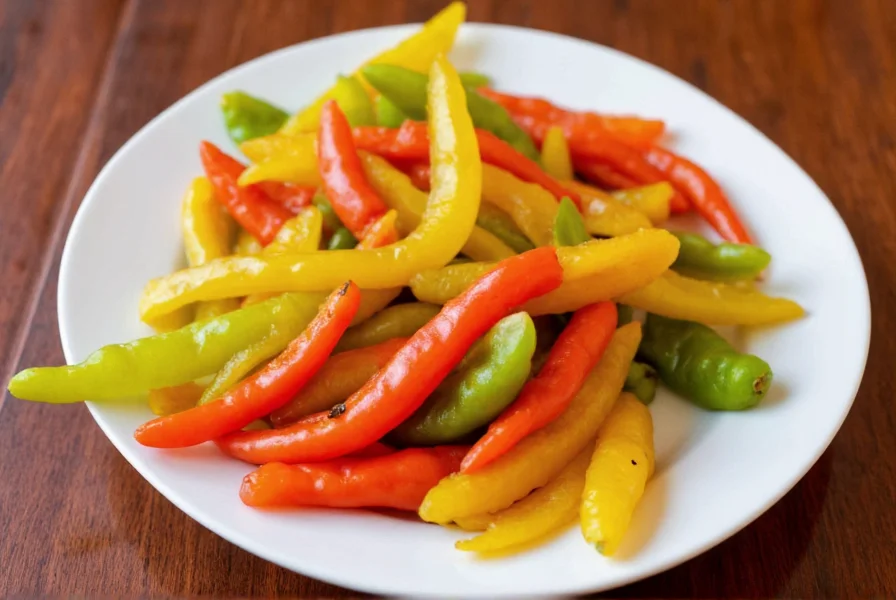
What Are Giardiniera Peppers?
Giardiniera peppers are a type of pickled vegetable commonly found in Italian cuisine, particularly in the regions of Lombardy and Piedmont. They are typically made from a mix of vegetables like green bell peppers, carrots, celery, and onions, which are then preserved in a vinegar-based brine. The term "giardiniera" translates to "vegetable garden" in Italian, which gives a hint at the variety of produce used in the dish.
While not all giardiniera recipes include peppers, the name has become synonymous with the spicy version of this dish. The inclusion of chili peppers—often jalapeños, serranos, or even habaneros—gives it that signature kick. These peppers are not only spicy but also add a bright, tangy flavor that enhances the overall taste of the mixture.
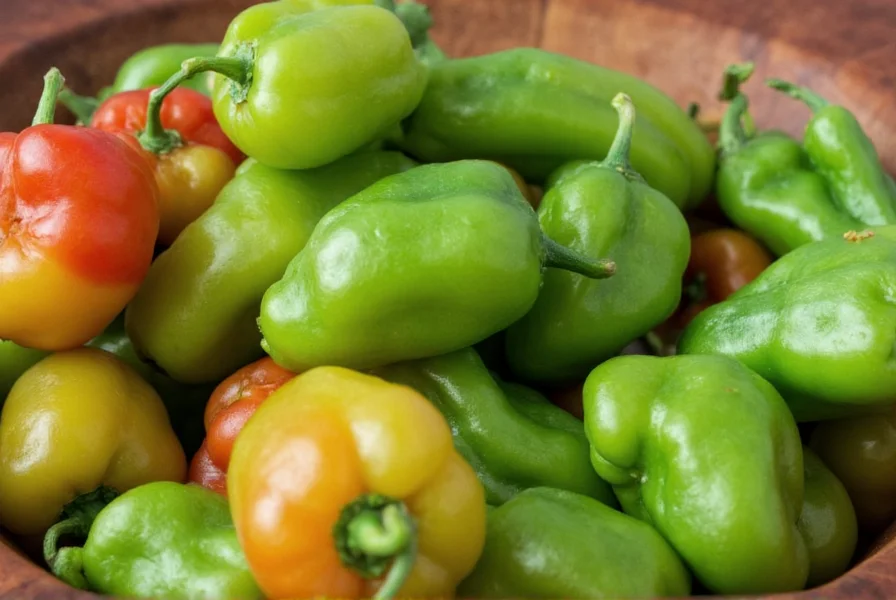
Key Characteristics of Giardiniera Peppers
- Spiciness: Varies depending on the type of pepper used
- Flavor: Tart, tangy, and slightly sweet
- Texture: Crunchy and crisp
- Use: Great as a condiment, snack, or ingredient in dishes
Understanding the Spice Level
One of the most appealing aspects of giardiniera peppers is their customizable spice level. Whether you're a heat lover or prefer a milder flavor, there's a version of giardiniera that suits your taste. Here's a quick breakdown of common spice levels and the peppers that contribute to them:
| Spice Level | Pepper Type | Scoville Heat Units |
|---|---|---|
| Mild | Jalapeño | 2,500 - 8,000 SHU |
| Medium | Serrano | 10,000 - 23,000 SHU |
| Hot | Habanero | 100,000 - 350,000 SHU |
| Extra Hot | Ghost Pepper | 1,000,000+ SHU |
This range allows for endless experimentation. If you're new to giardiniera peppers, start with a mild version and gradually increase the heat as your palate adapts.
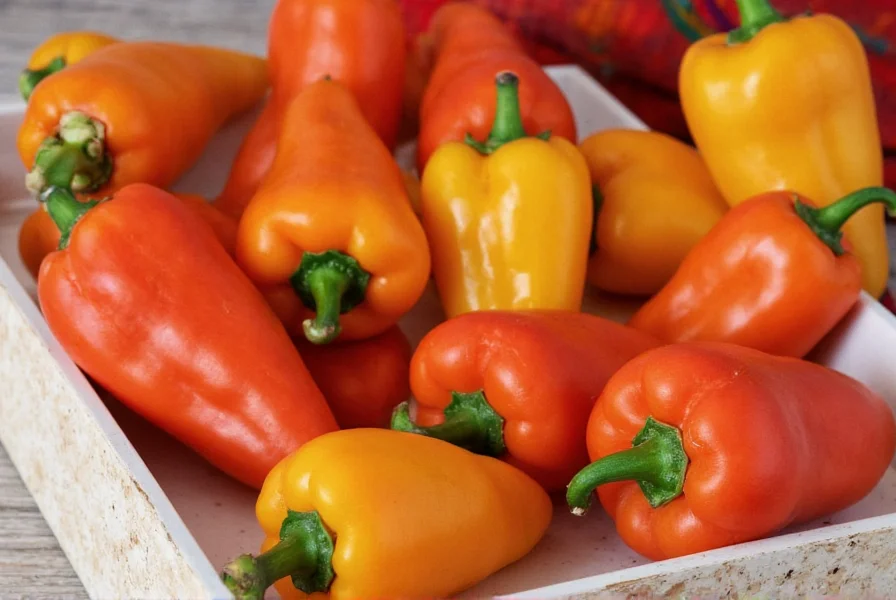
Giardiniera Peppers in Culinary Traditions
Giardiniera peppers are more than just a side dish—they’re a staple in many traditional recipes. In Italy, they’re often served alongside meats, cheeses, and bread, adding a burst of flavor to any meal. They’re also popular in American Italian cuisine, where they’re used as a topping for sandwiches, pizza, and pasta dishes.
The versatility of giardiniera peppers makes them a favorite among chefs and home cooks alike. You can use them to add a spicy twist to salads, sauces, and even cocktails. Their tangy flavor pairs well with rich, fatty foods, making them a perfect complement to grilled meats, sausages, and cured cheeses.
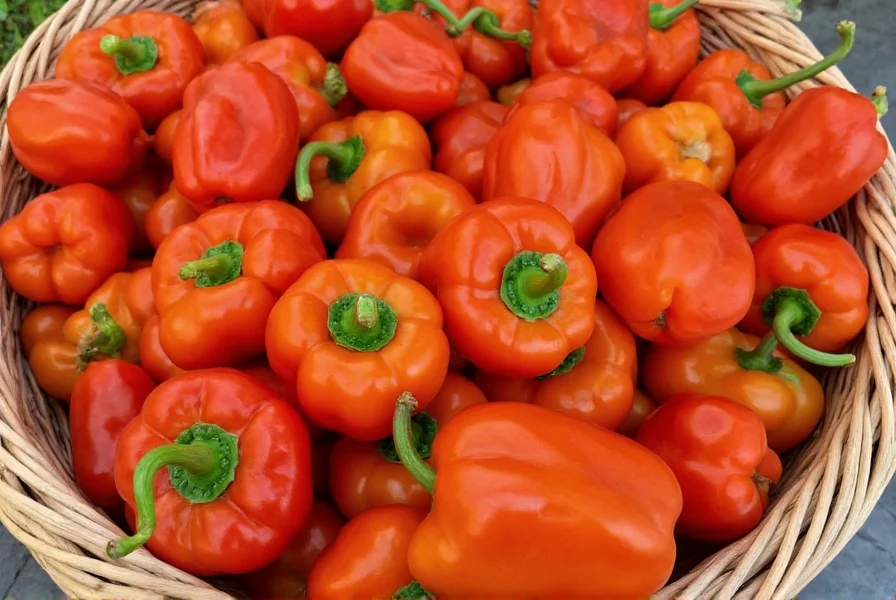
Cooking with Giardiniera Peppers: Tips and Tricks
Whether you're using store-bought giardiniera or making your own, here are some tips to get the most out of these spicy peppers:
- Use them as a condiment: Add a spoonful of giardiniera to burgers, hot dogs, or tacos for an extra kick.
- Experiment with flavors: Try mixing giardiniera with other pickled vegetables or spices to create your own unique blend.
- Pair with rich dishes: The acidity and spice of giardiniera balance out heavy meals, making it a great addition to grilled steak or roasted chicken.
- Make your own: Pickling your own giardiniera allows you to control the spice level and ingredients. Check out our buying guide for tips on selecting the right peppers.
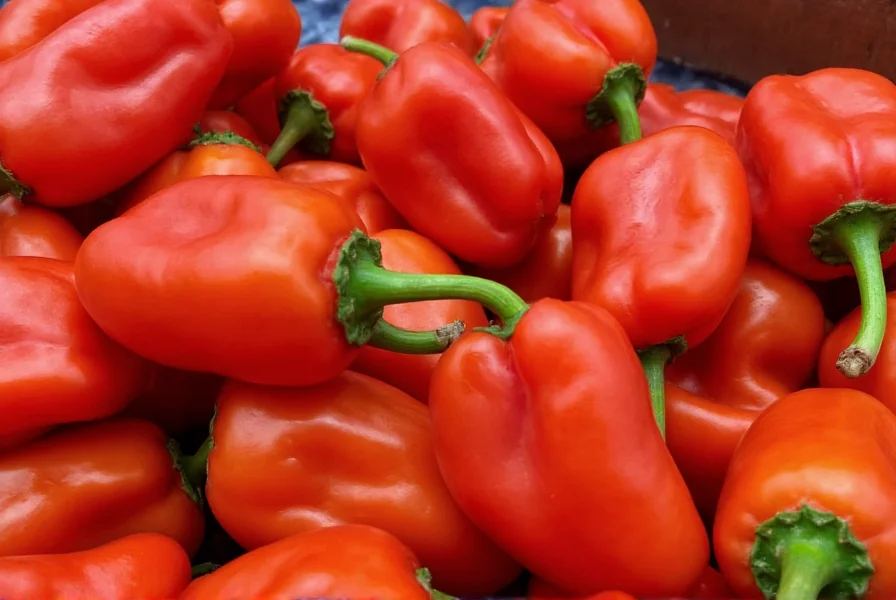
Buying Guide: How to Choose the Best Giardiniera Peppers
If you're looking to buy giardiniera peppers, whether fresh or pre-made, there are a few things to consider to ensure you get the best quality. Here's a detailed guide to help you make an informed decision:
1. Fresh vs. Canned
When choosing between fresh and canned giardiniera, think about your needs and preferences:
- Fresh: Offers a crunchier texture and brighter flavor, but requires time to prepare.
- Canned: Convenient and ready to use, but may be less vibrant in flavor.
2. Spice Level
As mentioned earlier, the spice level varies greatly. Look for labels that indicate the heat level or ask the vendor for recommendations based on your taste preference.
3. Ingredients
Check the ingredient list to ensure the giardiniera contains the vegetables and peppers you expect. Some brands may add sugar or preservatives, so read the label carefully.
4. Brand Reputation
Choose reputable brands known for quality and consistency. Some popular options include:
- Vetri: Known for its artisanal giardiniera with a balanced flavor and heat.
- La Rosa: Offers a variety of giardiniera options, including hot and mild versions.
- Local Markets: Often have homemade or small-batch giardiniera with unique flavor profiles.
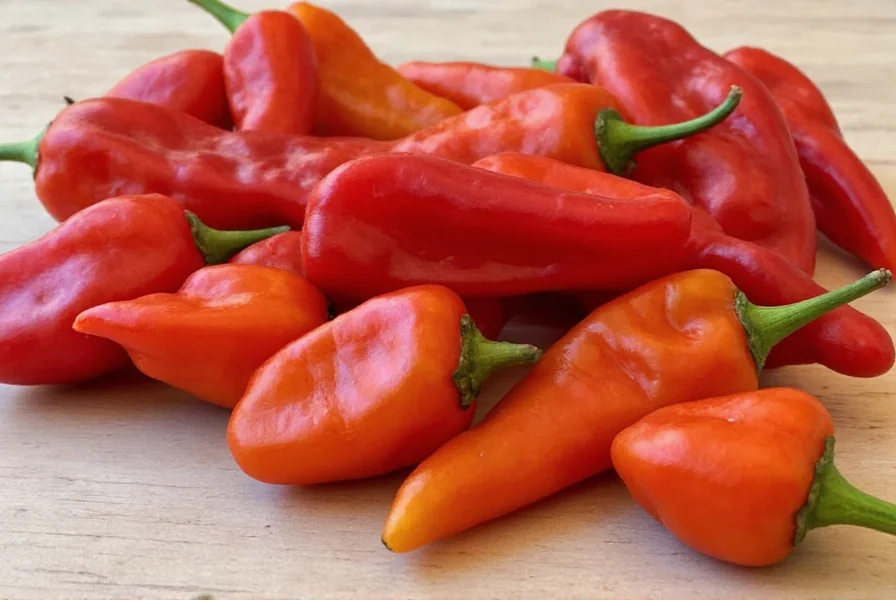
5. Use Cases and Occasions
Consider how you plan to use the giardiniera peppers. Are you looking for a snack, a condiment, or an ingredient in a recipe? Different products are designed for different purposes, so choose accordingly:
- Snack: Opt for a spicier version if you enjoy a bold flavor.
- Condiment: A milder or medium version works best for adding flavor without overpowering the dish.
- Recipe Ingredient: Use a variety that complements the other ingredients in your dish.
Remember, the key to enjoying giardiniera peppers is experimenting with different combinations and finding what works best for your taste buds.
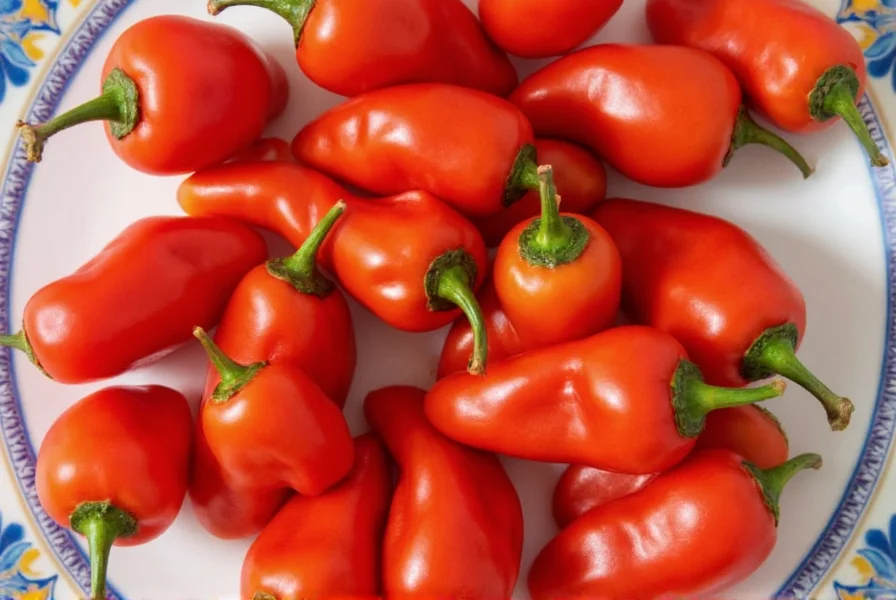
Conclusion
Giardiniera peppers are more than just a spicy addition—they’re a flavorful, versatile, and culturally rich component of many cuisines. Whether you're a seasoned chef or a casual cook, incorporating giardiniera into your meals can elevate your dishes in unexpected ways. With the right selection, preparation, and use, these peppers can become a staple in your kitchen.
So next time you're looking for a way to add some heat and tang to your food, reach for a jar of giardiniera peppers. They’re not just a condiment—they’re a celebration of flavor, tradition, and spice.
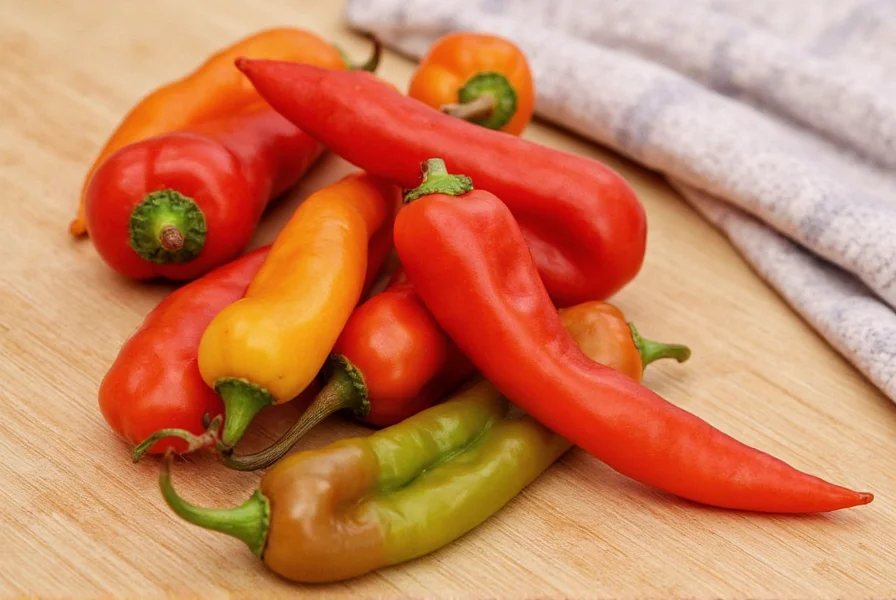

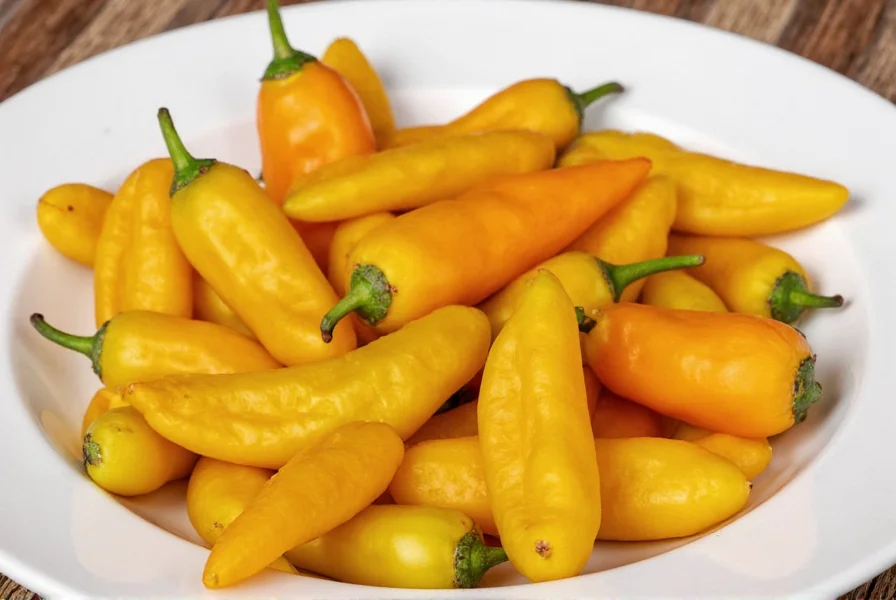









 浙公网安备
33010002000092号
浙公网安备
33010002000092号 浙B2-20120091-4
浙B2-20120091-4